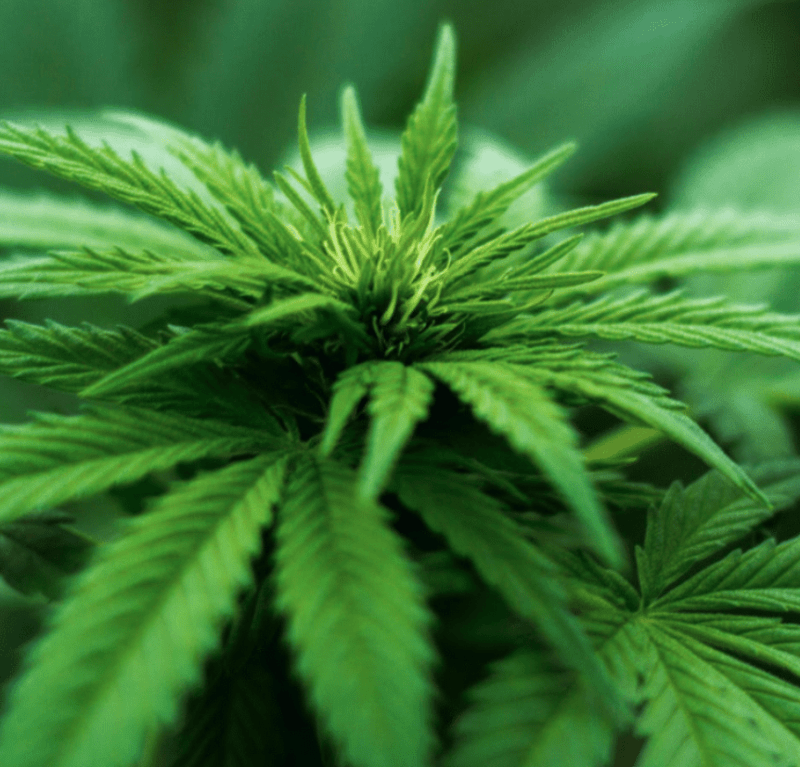In the 2020 election, New Jersey voters took to the polls and approved the legalization of marijuana in the state. The new law officially went into effect on January 1, but there were strict rules regarding who could use the drug and who would still face penalties for marijuana usage. But, as of February 22, marijuana use for those 21 and over is legal in the Garden State, as Governor Phil Murphy signed legislation to legalize adult use of cannabis and decriminalize marijuana possession in small amounts. “New Jersey’s broken & indefensible marijuana laws are no more,” he tweeted, announcing the signing of the legislation.
The bill has strict stipulations in place but also centers around community outreach. For example, the use of previous marijuana convictions will be limited, and, effective immediately, New Jerseyans who were previously subject to an arrest for petty marijuana possession will be able to seek relief.
The legalization comes with a new framework for a regulated cannabis marketplace that will create jobs and reinvest money into the community. Lawmakers went back and forth on the exact layout of the legalization, which delayed the process, but the rocky road has finally come to an end. Read on to learn more about marijuana legalization in New Jersey.

The Rules of Legalization
In addition to legalizing cannabis for those 21 and over, legislators also voted to loosen the penalties for minors in possession of marijuana and alcohol. While underage drinking currently carries a penalty of up to $1000 and six months in jail, the new legislation stipulates that underage possession of alcohol and marijuana is now subject to a written warning, and repeated offenses escalate, ranging from parental notification to community service referrals. The new rules also mandate that towns can no longer enact ordinances for civil penalties or fines to add additional punishment to underage possession or consumption and ensure that there are still penalties for the sale of cannabis to those under 21.
In terms of cannabis sales, the state’s current 6.625 percent sales tax applies to each transaction, and 70% of the proceeds from that tax will go directly to aid communities disproportionately affected by marijuana-related arrests, and towns can levy a tax of up to 2 percent. To date, New Jersey has one of the highest marijuana arrest numbers in the country, with over 300,000 arrests, with Black residents up to three times more likely to face cannabis charges. The new legislation, Murphy noted in his tweets, is designed to promote equity.
“This legislation will establish an industry that brings equity and economic opportunity to our communities while establishing minimum standards for safe products and allowing law enforcement to focus their resources on real public safety matters,” Murphy said in a statement.
Previous low-level marijuana offenses can also no longer be used in some judiciary matters, according to the governor’s office. They noted that the new legislation “prevents low-level distribution and possession offenses from being used in pretrial release, probation, and parole decisions and provides certain protections against discrimination in employment, housing, and places of public accommodation.”
The Process
On December 4th, the state New Jersey Assembly and Senate voted in favor of legislation that would clear the way and create a framework for the legalization of marijuana. All it needed to become law was Governor Murphy’s signature, but he chose not to act on the bill.
The legal process moved forward though, with lawmakers and assembly members stating that social justice and tax revenue was at the forefront of the hunt for legalization. According to Patch, “about 30 percent of the sales tax revenue from legal cannabis would fund the operations of the Cannabis Regulatory Commission, the state board charged with overseeing New Jersey’s recreational and medical marijuana programs,” the outlet reported. The remaining 70 percent would aid the communities most negatively impacted by drug laws.
But then, again, another deal fell through. A bill that would address Governor Murphy’s concerns with bill A-21–namely, Murphy wanted to make sure there were appropriate penalties handed out to those under 21 found in possession of the drug. Many lawmakers pulled their support of the bill because they thought the penalties outlined in what was dubbed the “cleanup bill” were too harsh. They felt it would just re-introduce a version of stop and frisk into the streets.
On January 22nd, New Jersey Attorney General Gurbir Grewal released a statement stating that he extended an order halting prosecutions for low-level marijuana offenses through the end of March, according to a memo from his office addressed to prosecutors across the state.
According to Patch, the cleanup bill’s penalties included:
- – Anyone between the ages of 18 and 20 in possession of marijuana or any cannabis item in any school, motor vehicle, or public place could be fined between $50 and $250.
- – Anyone between the ages of 18 and 20 who possesses marijuana or cannabis and knowingly consumed the drug in any school, motor vehicle or public place would be fined an amount between $100 and $500.
- – Minors under the age of 18 in possession of marijuana or cannabis would not be subject to a civil penalty. Instead, they would be subject to a curbside warning or “stationhouse adjustment,” allowing law enforcement agencies to resolve a violation without formal court proceedings. They could also be required to participate in an alcohol or drug abuse education or treatment program.
- – The stationhouse adjustment would establish one or more conditions that the person would be required to meet in exchange for the law enforcement agency declining to pursue a formal delinquency complaint.
While delays continued, the February 22 legislation signing came as a last-ditch measure to ensure Governor Murphy’s support and signing, as he faced a deadline to act on the original measures proposed in December. The new policy comes nearly three months after New Jerseyans initially voted to decriminalize the drug.
“We have long supported the effort for adult use in New Jersey and welcome this historic legislation. Our main priorities now lie in protecting the patient community and ensuring adequate supply exists for New Jersey’s 100,000 medical cannabis patients. We want to ensure that an adult-use market exists in addition to, not in lieu of, the medical market,” CEO of Harmony Dispensary Shaya Brodchandel said.











